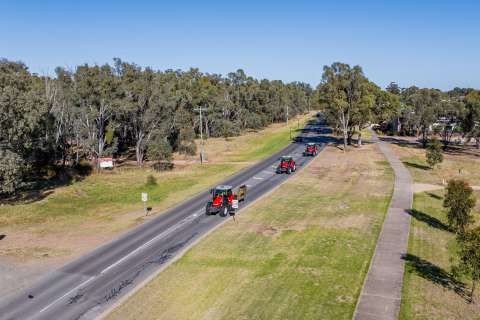An Australian carpet manufacturer has called for a ban on the manufacture and sale of nylon pile and recycled synthetic carpets in Australia and New Zealand.
Greg Galt, managing director of Supertuft, believes the chemicals used in the making of nylon and other synthetic carpets present a substantial risk to human health and the environment.
Galt has written to the Carpet Institute of Australia and about 1000 architects, interior designers and retailers nationwide to raise awareness of the dangers. A copy of that document is attached.
A research paper titled Eliminating Toxics in Carpet: Lessons for the Future of Recycling, published by the US-based Healthy Building Network in 2017, highlights the dangers of toxic flame retardants in carpets.
The report states: “Halogenated flame retardants used in carpet which contain chlorine or bromine are among the chemical industry’s most notorious products. They are linked to hyperactivity, learning disabilities reproductive harm and cancer.”
The report also warns of the dangers of ‘halogenated and oganophosphate flame retardants’ to the environment.
It states: “Flame retardants can be emitted from carpet into dust and the air both during use and from operations that recycle and dispose of carpet waste. Released into the environment, they can persist and bioaccumulate up the food chain …”
The Stockholm Convention Article 6 requires that products that contain certain chemicals upon becoming wastes are: “(iii) Not permitted to be subjected to disposal operations that may lead to recovery, recycling, reclamation, direct reuse or alternative uses of persistent organic pollutants.”
Galt said: “Should Nylon and PET plastic pile carpet be banned in Australia and New Zealand? The answer, in my opinion, is yes.”








